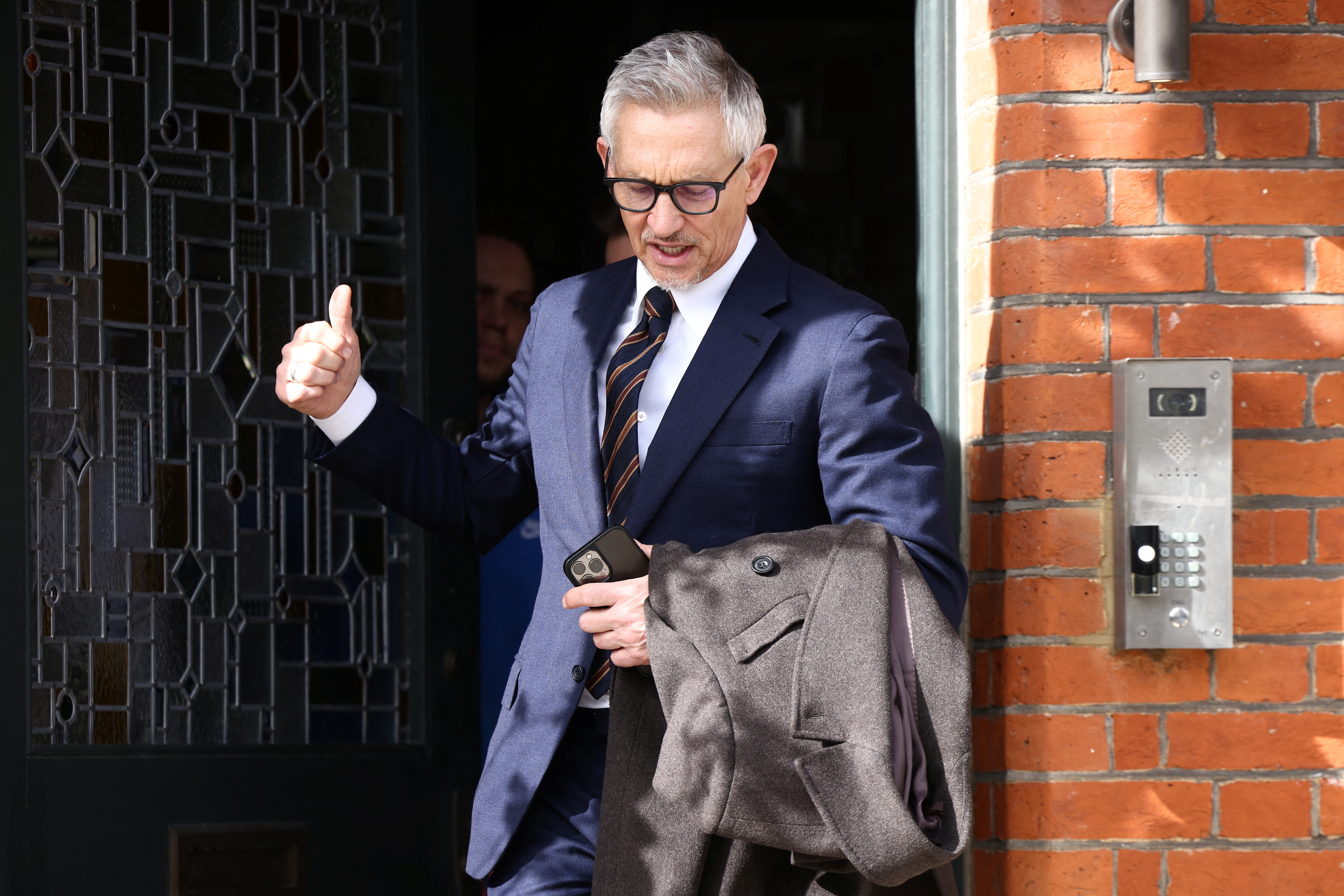There is no easy answer to the irregular arrival of refugees on the shores of Europe along the Mediterranean Sea and those of Britain in the Channel, and the UK government’s illegal immigration bill is unlikely to stop small boats arriving from France unless their passengers are promptly returned, and the French government is prepared to admit them.
Ideally people should be free to move across the globe and seek refuge from persecution and war and famine and any other push to leave their country of origin in search of a safe haven. The problem however is that the world is divided into sovereign states that have the sovereign right to restrict immigration and do so when the native population feel “rather swamped” by too much immigration and too many refugees.
It was Margaret Thatcher in 1979 who used the phrase “rather swamped.” Language matters and it demonised immigrants and refugees and helped her get elected in 1979 as it chimed with the public mood. Since then, refugees have been demonised as they are perceived as putting a strain on scarce resources in health, education, housing and welfare and governments passed tough immigration laws to restrict travel to a few privileged categories under strict eligibility requirements.
Over time, states limited freedom of travel by the introduction of carrier’s liability legislation coupled with the imposition of visa requirements for most travellers from countries from which the push to emigrate was high such as countries in Africa, the Middle East and West Asia. The result has been twofold. An increase in people-smuggling by unauthorised smugglers and an increase in the number of people claiming refugee status.
Marriage and refugee status have always been vehicles for immigration but refugee status is the only one now left outside the strict permissible avenues for settlement, and accounts for most of the irregular movement of people to Europe and North America.
Refugee law is based on the 1951 Refugee Convention and 1967 Protocol, the European Convention on Human Rights of 1953 (ECHR), buttressed in the EU by its own rules to do with additional humanitarian protection and distributing the obligation to examine claims between member states.
Broadly speaking the Refugee Convention defines refugee status and provides that those who qualify are entitled to international protection not to be returned to any territory of feared persecution. It makes provision for when a person ceases to be a refugee, the circumstances in which refugees are excluded from protection and their juridical status, employment and welfare rights once their status is regularised.
The obligation of states to grant asylum however is not a matter of international law but of domestic law. Under the Convention the obligation of states to refugees comes under the measures they can take in respect of refugee claimants. The primary obligation of states to refugees is not to expel or remove a refugee in any manner whatsoever to the frontiers of territories where their life or freedom would be threatened (the right to non-refoulement) on account of their race, religion, nationality, membership of a particular social group or political opinion.
The way refugee law works is that it is based on the principle that as a refugee claimant you have the right to non-refoulement before your case is examined by immigration control by dint of having claimed you fled a country or territory in fear of persecution. The principle is that you become a refugee as soon as you fulfil the criteria of the refugee definition of being outside your country owing to a well-founded fear of persecution before your claim is examined and your status recognised. As the UNHCR handbook on refugees puts it “recognition does not make you a refugee but declares you to be one.”
The obverse of this principle is that there are refugee claimants treated as refugees who are not genuine refugees, which is the source of the abuse of refugee status by claimants. On the other hand, refugees can be sent to other countries without their refugee claim being examined, provided there are reasonable grounds to believe they would be admitted there and not sent to the country they fled.
If refugees enter a country unlawfully directly from the country of persecution and present themselves promptly to the authorities of the country of refuge, they cannot be penalised for having entered unlawfully. And if detained, it cannot be longer than is reasonably required for their status to be regularised or they obtain admission in another country – the important protection however is they cannot be refouled without their cases being examined somewhere.
What can safely be said about international law of refugee protection is that it was carefully crafted so as not to impinge on the sovereign right of states to decide who, when and how many non-nationals to admit into their country as refugees.
The ECHR however protects some human rights unconstrained by the sovereignty of states. Article 3 for example protects everyone’s right not to be subjected to torture and inhuman and degrading treatment and article 8 protects the right to private and family life of refugees over and above rights under the Refugee Convention.
The idea behind human rights protection is that it is universal and governments are supposed to be driven to find solutions to political problems that do not involve violations of human rights. If no such solution is found refugees need protection not demonisation and full marks to Gary Lineker for calling out the interior minister, Suella Braverman, for her demonisation of refugees by bad-speak.







Click here to change your cookie preferences